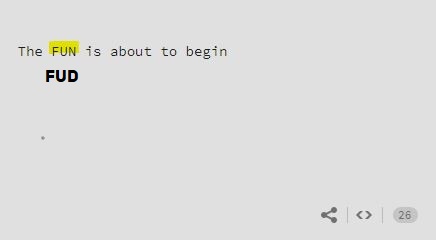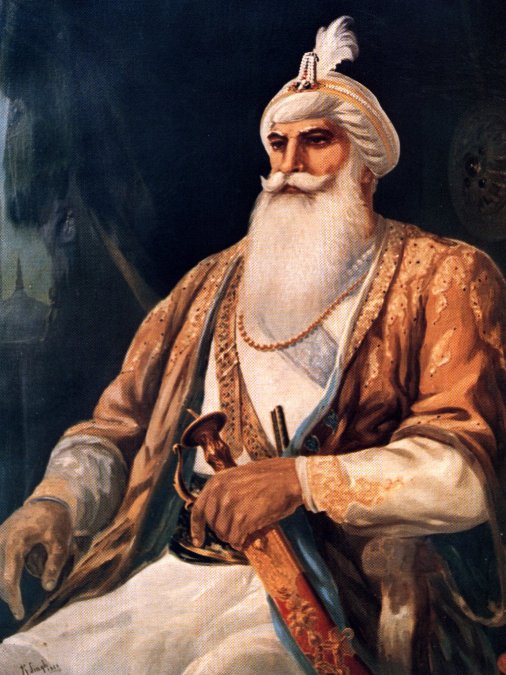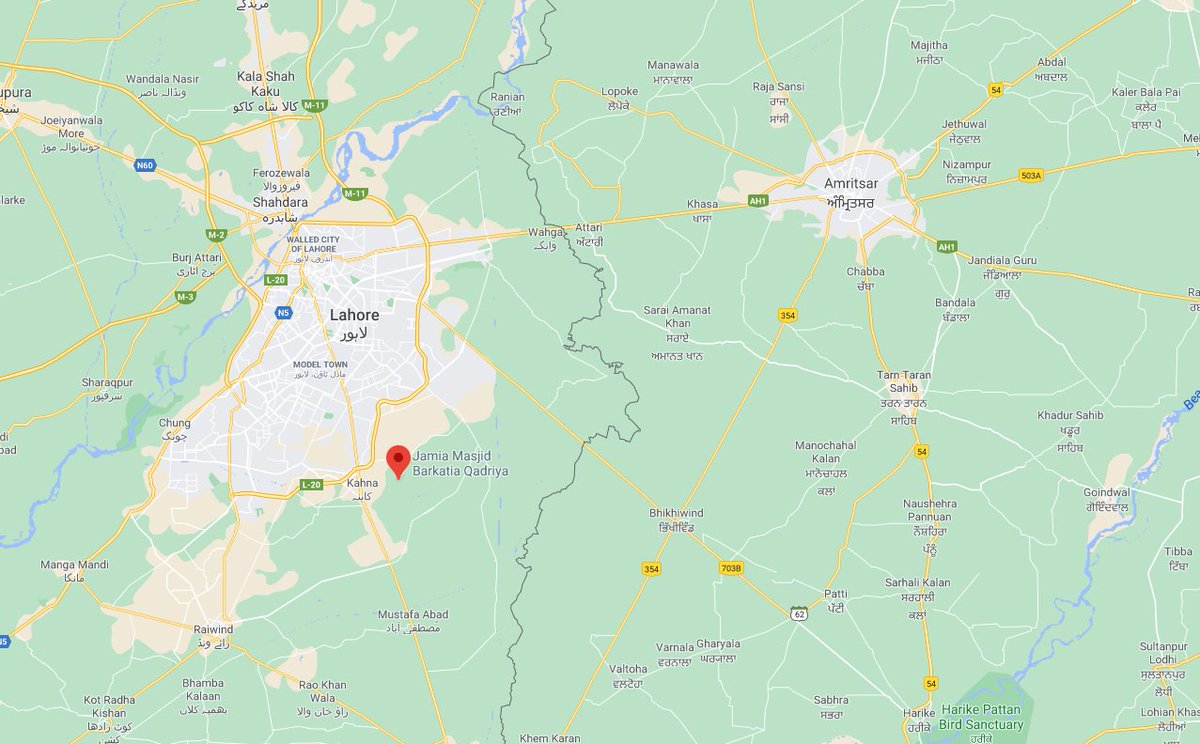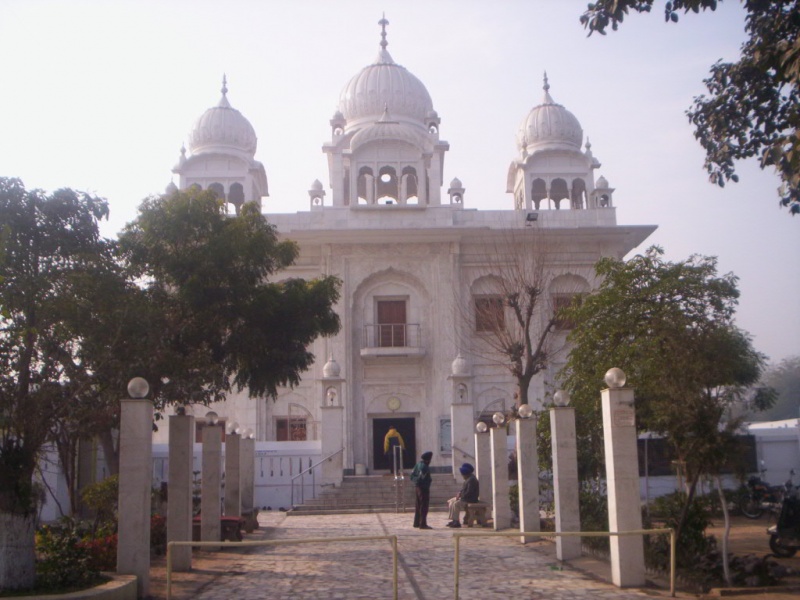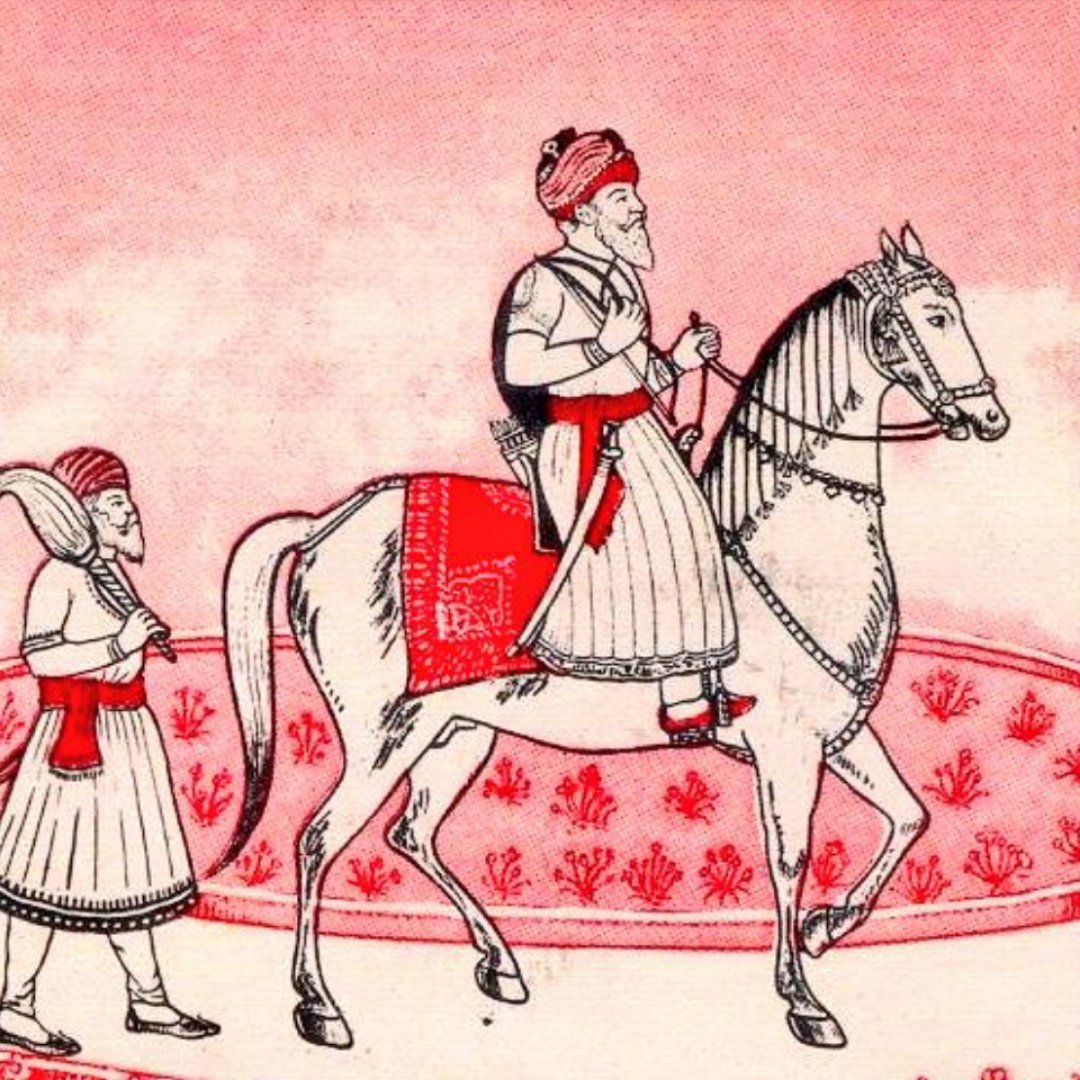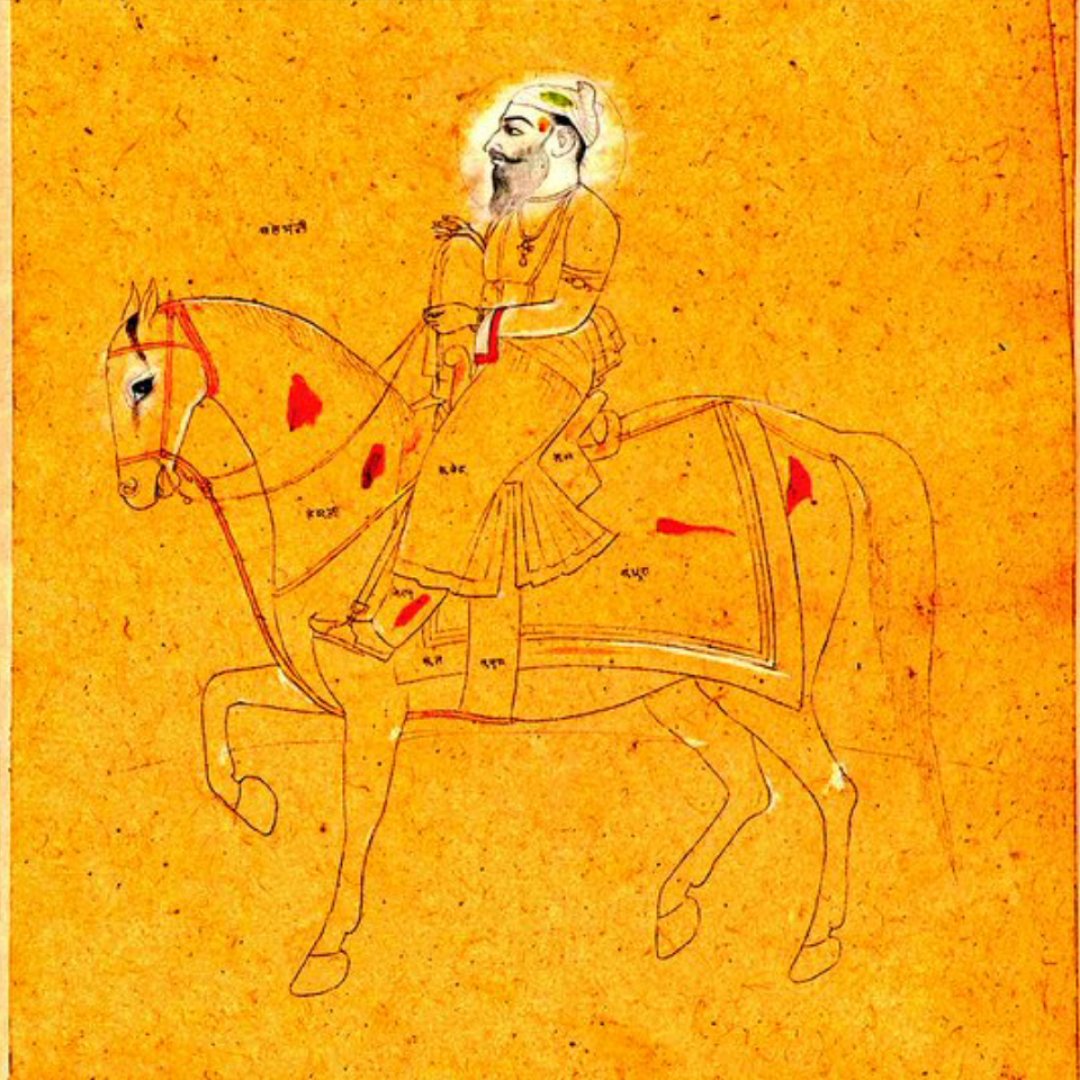An Argentinian variant of Italian fascism with stuff from German National Socialism that took an unexpected turn and led to a globalist and progressive ideology. Menemism was a conservative variant but not faithful to the doctrine and from that new generation arose Kirchnerism.
Left: Juan Perón, creator of the Peronism movement.
Right: Alberto Fernandez, actual leader of the Peronist movement. Pathetic.


Carlos Menem y Akihito pic.twitter.com/zZJMLRiJtq
— Coraje \u271d \U0001f1e6\U0001f1f7 (@CorajeTaringero) February 11, 2021
"Nos sentimos dichosos y felices de que despu\xe9s de
— Coraje \u271d \U0001f1e6\U0001f1f7 (@CorajeTaringero) September 28, 2020
terminada la segunda Guerra mundial, la Rep\xfablica Argentina haya sido el primer pa\xeds del mundo donde se cant\xf3 el himno japon\xe9s por primera vez."
Juan Per\xf3n,Noviembre 1953.
FUENTE:
"El movimiento Justicialista y los Nikkei" pic.twitter.com/KhKQp4FZUS
Perón and Menem

















